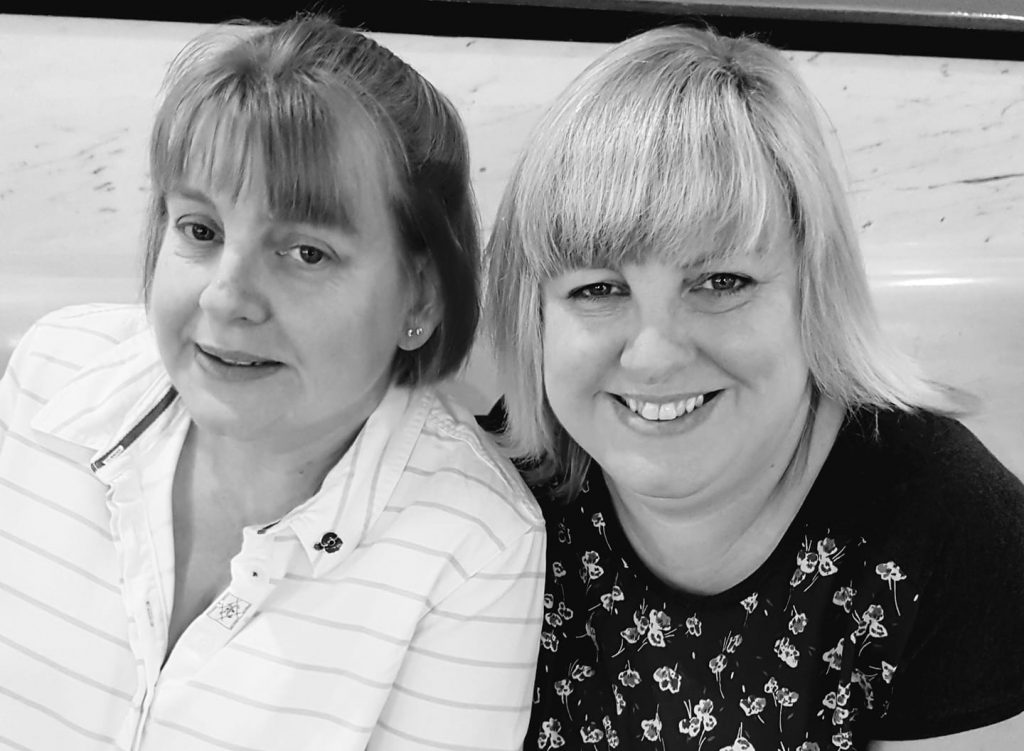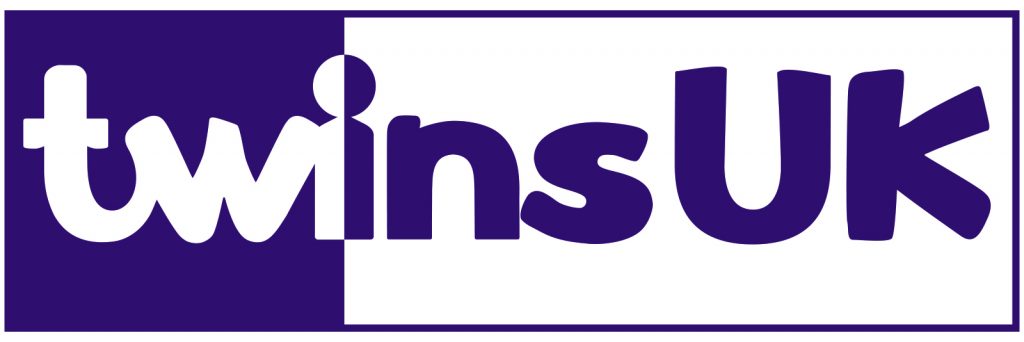17th September 2019 – by Paz Garcia
Every four years since 2000, identical twins Tracey and Julia make a trip to St Thomas’ Hospital in London. But they don’t go for treatment – they go to meet researchers who are working to make new treatments possible for others.
Tracey and Julia are two out of more than 14,000 twins who take part in TwinsUK, a study which follows twins throughout adulthood to understand how various health conditions develop and the genetics behind them.
They signed up to TwinsUK after a former colleague mentioned it to them, as Julia explained:
“My sister Tracey convinced me to sign up to TwinsUK. One of Tracey’s work colleagues mentioned the study to her as she’d signed up with her twin. After reading an article in Woman’s Own magazine, we both joined TwinsUK 6 months after the initial launch.”

Studying twins
How can we tell whether a particular condition is due to genetics and/or our environment and lifestyle? The answer of course is twins.
Professor Tim Spector is the Director of TwinsUK. What started as an arthritis study with a few hundred twins in 1992 turned into what we now know as TwinsUK – a long-term study of 14,000 twins.
Professor Spector explained the reasoning behind studying twins:
“Twins are the perfect experiment. Identical twins have identical genes. Non-identical twins, or “fraternal” twins, only share half their genes with each other. We can make comparisons to work out to what extent nature or nurture cause different conditions and diseases.”
When both twins in a pair have the same condition, researchers say they are ‘concordant’. If only one twin in a pair has the condition and the other doesn’t, they are ‘discordant’. Researchers can then design studies which take advantage of twins’ unique set-up.
For example, if more identical twin pairs are concordant for a particular condition than non-identical twins, then that condition is likely influenced to a greater extent by genes than by the environment.
Conversely, if identical twin pairs are discordant for a particular condition, then researchers can investigate whether other aspects such as their environment or lifestyle may have a stronger influence on the development of the condition.
That’s not all twins can do. TwinsUK is uniquely placed to identify the molecular systems underpinning health and development of disease. The sheer volume of data TwinsUK collects means that their twins are amongst the most studied in the world. TwinsUK holds hundreds of thousands of pieces of information. Genetics, age, weight, blood pressure, bone density, gut bacteria, blood cell counts – you name it, they have it. As if that wasn’t enough, TwinsUK now wants to ramp up data collection and explore personal, social and ambient environmental influences in more detail. This includes studying the impact of things such as physical lifestyle, pollution, pesticides and inequality.
The researchers are not trying to answer one big question with all this data. They’re working in a wide range of areas such as ageing, type 2 diabetes, back pain and sensory impairment, to answer lots of different questions about health and how conditions develop throughout the life course of an adult. All of the work brings us closer to understanding how the human body works – in sickness and in health.
Sharing is caring
TwinsUK doesn’t carry out their work alone. Considering the enormous amount of data collected, it wouldn’t be possible, and there are lots of other researchers and specialists who want to take a closer look at the data as part of their own research.
Dr Claire Steves, Deputy Clinical Director for TwinsUK explained:
“It’s important that we share our data with other health researchers so that we can make the best use of it. It’s only fair to the twins – after all, it would be unethical not to get the most value out of the samples and health measures they so generously provide.”
To this end, the TwinsUK Resource Executive Committee has approved more than 800 data sharing requests, covering 150,000 samples shared with 100 collaborators. This means that even years after it was collected, the twins’ data and samples continue to be used to advance health research for everyone.
That’s not where the sharing ends either. TwinsUK has contributed to more than 850 scientific publications as well, ensuring that the results of health research carried out using the twins’ data and samples are made available to other researchers around the world.
Looking ahead, TwinsUK has ambitions to work more closely with other cohort studies, particularly other twin studies. This will encourage more cross-cohort work, and researchers will be able to learn from each other – which can only be a good thing for health research.
The twin experience
Sharing data and publishing the results of research however are the end products of a research process that starts with the twins. Central to TwinsUK are the twin visits, where pairs of twins come into St Thomas’ Hospital for a full day of mental and physical health checks and tests. In addition, twins may be offered the chance to take part in specific studies that TwinsUK is carrying out at that time.
“The visits up to St Thomas’ have been interesting and revealing. It’s great that you have the opportunity to help with research, from taking vitamin supplements, which helped with research into eye problems, to having MRI scans to check the brain,” mused Tracey.
Some of the tests may be unusual, but that doesn’t deter Julia:
“The studies and tests are also very safe. The fact that any procedures and studies are carefully and intricately explained makes me feel relaxed about what’s going to happen. It’s always interesting and sometimes fascinating or even surprising to hear the results of the studies.”
Tracey added:
“Finding out we were tone-deaf was surprising, but answered a few questions as to why music always sounded perfect!”
The twins do receive some health test results, but most take part to help with research, like Julia:
“Personally, I feel honoured to be a part of TwinsUK and if the studies my twin and I take part in can help make a difference to other people’s health then that has got to be a good thing.”
Looking ahead
The TwinsUK team has no intention of slowing down. TwinsUK wants to remain at the cutting edge of scientific cohort studies, and so the team are looking to expand: their connections, their data collection, and most importantly, their registry.
Whereas up until now TwinsUK has only studied adults, they recently received permission to recruit and study twins all the way from birth. This adds another dimension to the research programme, and will help researchers understand how diseases develop throughout the whole life course of a person.
Dr Deborah Hart, Executive Director:
“We’re really excited to be opening up TwinsUK to more people. Like Tracey’s work colleague, if you’re a twin and know some twins who would be interested, do point them towards us.”
And for anyone thinking about signing up, Tracey has a few words of encouragement:
“The staff and twins that you meet have been amazing. I can honestly say it’s been lovely taking in part with the research, and I’ve made lovely friends and memories along the way.”
–
TwinsUK is currently recruiting same-sex identical and non-identical twins over the age of 18. We will soon begin to recruit under 18s. Find out more on twinsuk.ac.uk/twinzone or call the team on 020 7188 5555.
Read the paper here – TwinsUK: The UK Adult Twin Registry Update
TwinsUK is funded by the Wellcome Trust, Medical Research Council, European Union, the National Institute for Health Research (NIHR)-funded BioResource, Clinical Research Facility and Biomedical Research Centre based at Guy’s and St Thomas’ NHS Foundation Trust in partnership with King’s College London.







